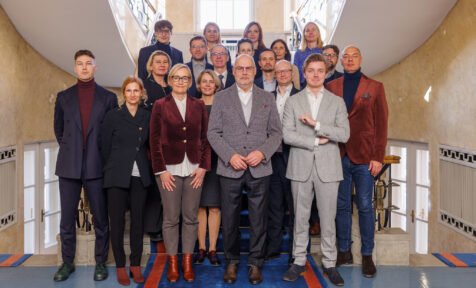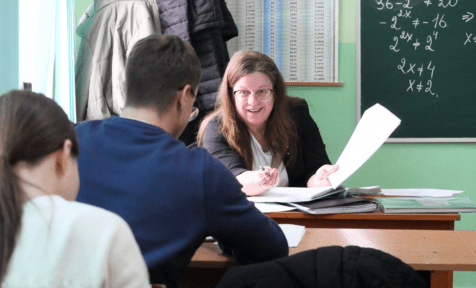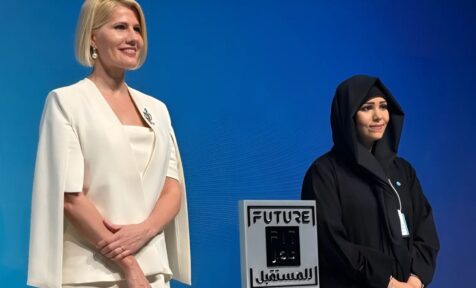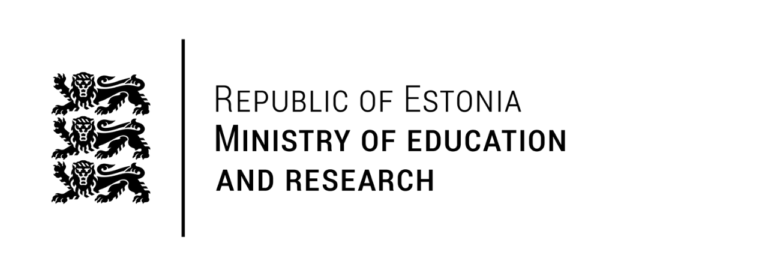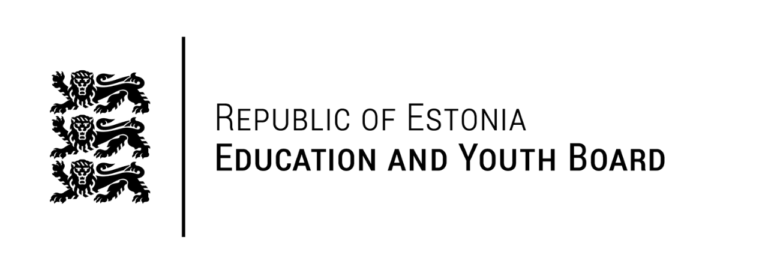In order to encourage teachers to use more different STEAM tools in their practice, researchers from Tallinn University produced a selection of teaching materials for students of teacher training. The materials help to teach environmental topics like soil, ocean, biodiversity, water and climate by using robotics, VR etc.
According to the recent Digital Compass 2019 report, although more than 90% of Estonian schools have acquired STEAM funds, many teachers still do not use them in their daily teaching. The main reasons are the lack of necessary digital skills and the lack of skills to integrate the tool into the subject.
See also:
ProgeTiger – Estonian way to create interest in technology
Tiia Õun, the director of the School of Educational Sciences of Tallinn University says that the new teaching materials can be used by teachers and also by students who study to become a teacher. “For example, all of the teaching materials can be used as a basis for the Tallinn University Erasmus “STEAM Upgrade” project to test and produce new teaching materials with the researchers and students of other countries.”
Digital learning is more important than ever
Dr. Kristof Fenyvesi, a researcher of STEAM Learning & Contemporary Culture Studies of University of Jyväskylä and a partner of the project team, said that the COVID-19 crisis has shown that even if the technology and the pedagogical experience exist, proper digital learning is still available only for the few.
“We believe that learning should be a positive experience. It should also promote well-being and help the members of society for a more sustainable life through better opportunities. With the ‘Digital Competence Framework for STEAM teaching’ we would like to cooperate with future and in-service teachers in appreciating their professional strengths, sharing their good practices, and reaching out to all learners with up-to-date solutions in 21st-century ways of learning,” said Dr Fenyvesi.
The teaching materials have been compiled on the basis of H5P interactive task templates in digital learning materials environment E-koolikott for four school levels. Social issues have been the focus of Horizon Europe’s research and innovation framework, which sees innovation-driven growth as a fuel for social missions. The topics include challenges related to soil, water, ocean, biodiversity and climate.
Related
- Tallinn University opened the research lab for learning and teaching
- How Estonia is solving the shortage of ICT specialists?
